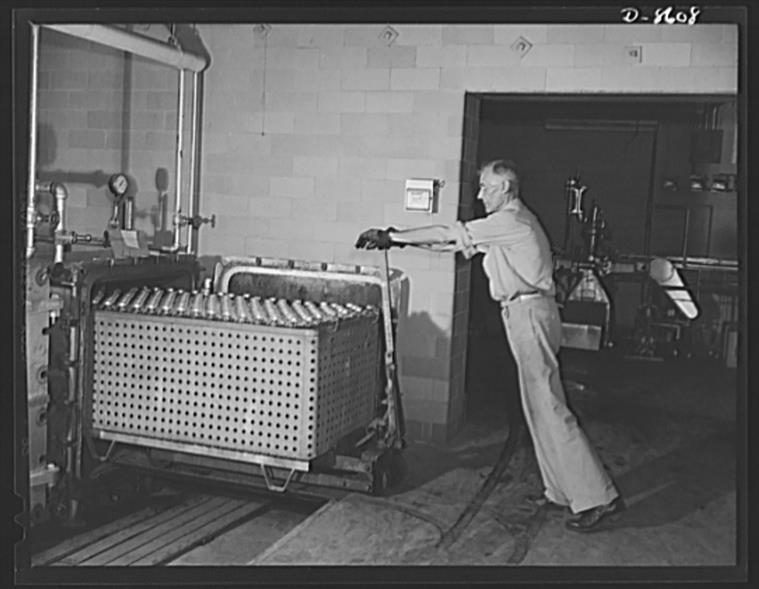By New York Times |Updated: January 14, 2019 3:08:05 pm
What if cities are no longer the land of opportunity for low-skilled workers?
Workers, whether with a college degree or not, could long count on earning more in denser urban areas than in rural ones.

By Emily Badger and Quoctrung Bui
For decades, workers migrated to big cities in America that promised abundant jobs and decent wages — in clerical offices in New York, at shipbuilding yards in Oakland, California, on auto assembly lines around Detroit.
Big, dense cities offered not just better pay for lower-skilled workers; cities offered them better kinds of jobs.
This is much less true today, as workers hurt by the decline in manufacturing know. Because of this, cities no longer offer low-skilled workers the economic advantages they once did, according to new analysis by Massachusetts Institute of Technology economist David Autor.
2m 20s

This Abandoned Suburb Is the Third Largest City in California
There's a ghost town that was meant to become a major urban center during the 1950s in the Mojave Desert. Can it make a comeback?
Workers, whether with a college degree or not, could long count on earning more in denser urban areas than in rural ones. Today, that pattern holds for highly educated workers — and has in fact grown much stronger. For workers without any college education, the added wage benefits of dense cities have mostly disappeared in Autor’s data.












































No hay comentarios:
Publicar un comentario